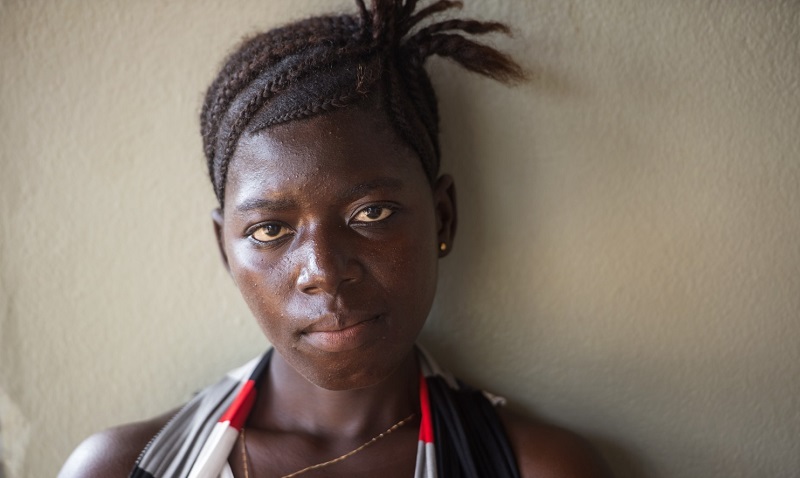The Ebola virus has savaged multiple countries in West Africa and has claimed the lives of more than 7,900 people during the 2014 epidemic. According to the Center for Disease control, Ebola is a rare and deadly disease caused by infection with a strain of Ebola virus.
On January 4th, The Washington Post shared the story of Fatimata Kabia, a woman who contracted the disease in August. Her story, however, is a little different than those we’ve been hearing because Kabia is pregnant. Unfortunately, Ebola patients who are pregnant rarely survive and their children never do.
Denise Johnson, an obstetrician with the Division of Reproductive Health at the Centers for Disease Control and Prevention said, “There have been no neonatal survivors.” Ebola killed most of Kabia’s family and even took her husband’s life right after he found out she was pregnant.
When she came down with the disease, already one month and three weeks pregnant, everything was working against her. Maternity wards had started closing amid fears that pregnant women with the virus would infect anyone who attempted to assist their deliveries. Ebola is transmitted through bodily fluids, which gush during childbirth.
An ambulance took her to a hospital overflowing with suspected patients and filled with dirty mattresses. It wasn’t even an Ebola treatment facility — just a place to keep suspected patients while centers were built. Often, dead bodies lay on the floor for hours. By the time she was admitted, her parents, brother and sister had died. Her husband would soon succumb, too.
“Based on what I learned about the disease, I was expecting her to die,” said Matilda N’glanda, the head nurse.
Click here to sign up for daily pro-life news alerts from LifeNews.com
Then, remarkably, Kabia’s health started to improve. “It was the drugs and God,” Kabia said.
She was released in mid-October, with a certificate declaring her a survivor. It was supposed to mean the end of her battle with Ebola. But Kabia had a bad feeling about the baby.
Two weeks later, she touched herself between her legs and saw that her fingers were red. She tried to stay composed, to drag herself to a clinic, even though she knew she might be refused treatment.
“I worried I was going to lose it,” she said.
Amazingly, Kabia has not miscarried even though the odds are stacked against her; and currently, there isn’t enough research on pregnancy and Ebola to say definitively what will happen to Kabia’s baby. Some doctors believe that Ebola pools in a woman’s placenta, just like it does for other diseases like Malaria. If that is true, Kabia could be cured of the disease but her baby could still have it. The CDC specialist, Jamieson, said, “The blood might be negative, but it can survive in other body compartments.”
In fact, some medical professionals have tested miscarried infants of the Ebola virus and found that they definitely had the disease. Grazia Caleo, an epidemiologist for Doctors Without Borders, shared what she discovered when she first tested the infected babies. She said, “It was the highest viral load we’ve ever seen. Just off the charts.”
Now Kabia is hoping that her and her baby prove to be the exception. According to The Washington Post, if they both survive, it will give people a lot of hope and could mean scientists will have to reevaluate the disease and its effects on pregnant women.








